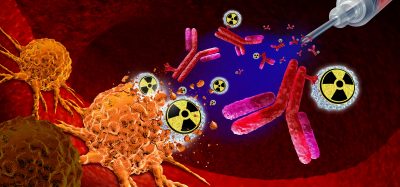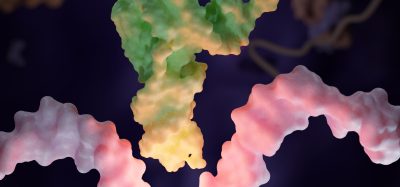This finding indicates that NatD is a crucial epigenetic modulator of cell invasion during lung cancer progression, implying a new therapeutic target for cancer treatment.
“These studies have demonstrated that NatD promotes the migratory and invasive capabilities of lung cancer cells both in vitro and in vivo. Thus, depletion of NatD suppresses the EMT of lung cancer cells via repression of the expression of transcription factor Slug” said Quan Zhao, Professor of Biochemistry at the School of Life Sciences, Nanjing University, China. “Revealing this new epigenetic pathway (NatD/Slug/EMT) is important to better understand the individual steps of metastasis formation and may help predict at an early stage whether a tumour will spread.”
In the future Professor Zhao and his colleagues want to further investigate the role of NatD more closely in the process of invasion-metastasis of lung cancer and other tumours. They will also screen for biochemical blockers of NatD which may also have applications in lung cancer and other invasive tumour treatments.
The key findings of the study included:
- NatD is commonly upregulated in primary human lung cancer tissues where its expression level correlates with Slug expression, enhanced invasiveness, and poor clinical outcomes.
- NatD is essential for lung cancer cells to maintain a mesenchymal phenotype and to promote invasion by regulating EMT of lung cancer cells through epigenetic control of Slug.
- Nt-acetylation of histone H4 antagonises histone H4 serine 1 phosphorylation (H4S1ph), and downregulation of Nt-acetylation of histone H4 facilitates CK2α binding to histone H4 in lung cancer cells, resulting in increased H4S1 phosphorylation and epigenetic reprogramming.
The study has been published in the journal Nature Communications.








